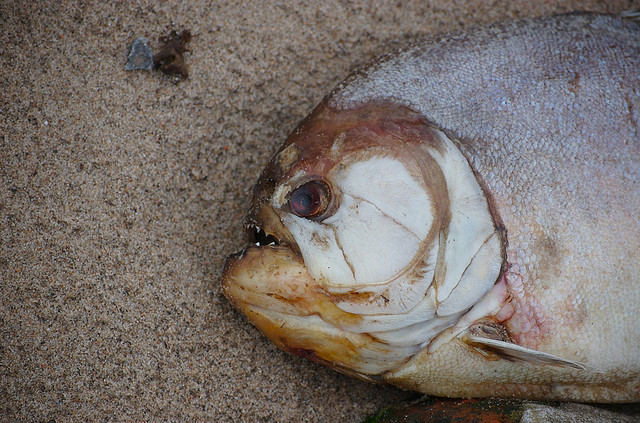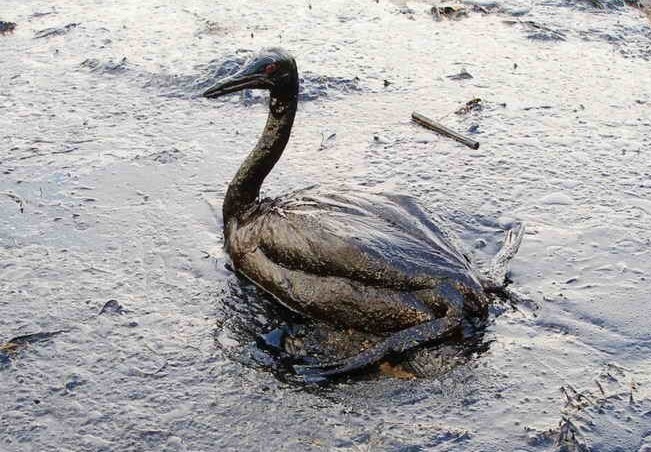It is increasingly possible that the catastrophic unraveling of the Industrial Age may begin in two weeks, not because of global warming or oil shortages or water wars or natural disaster, but because of a stupid political ploy by the Know-Nothings who are now ascendant in the US Congress. Instead of “starving the beast” — by which they mean disabling government by preventing it from raising revenue — they have discovered that they can kill the beast by preventing it from borrowing revenue. Gleefully, they are threatening to refuse to raise the technical limit on US debt, by which means they may throw the government into default on or about August 2. Continue reading
Another Day
You get up every day
expecting it to be just like the last one.
And then one day, just like that
It is the last one.
– Thomas A. Lewis, Tribulation
Categories
Subscribe via RSS
Subscribe via email
Find the Impact
Previous Impacts
Recent Comments
- Greg Knepp on About The Daily Impact
- Greg Knepp on About The Daily Impact
- gwb on About The Daily Impact
- Liz on About The Daily Impact










